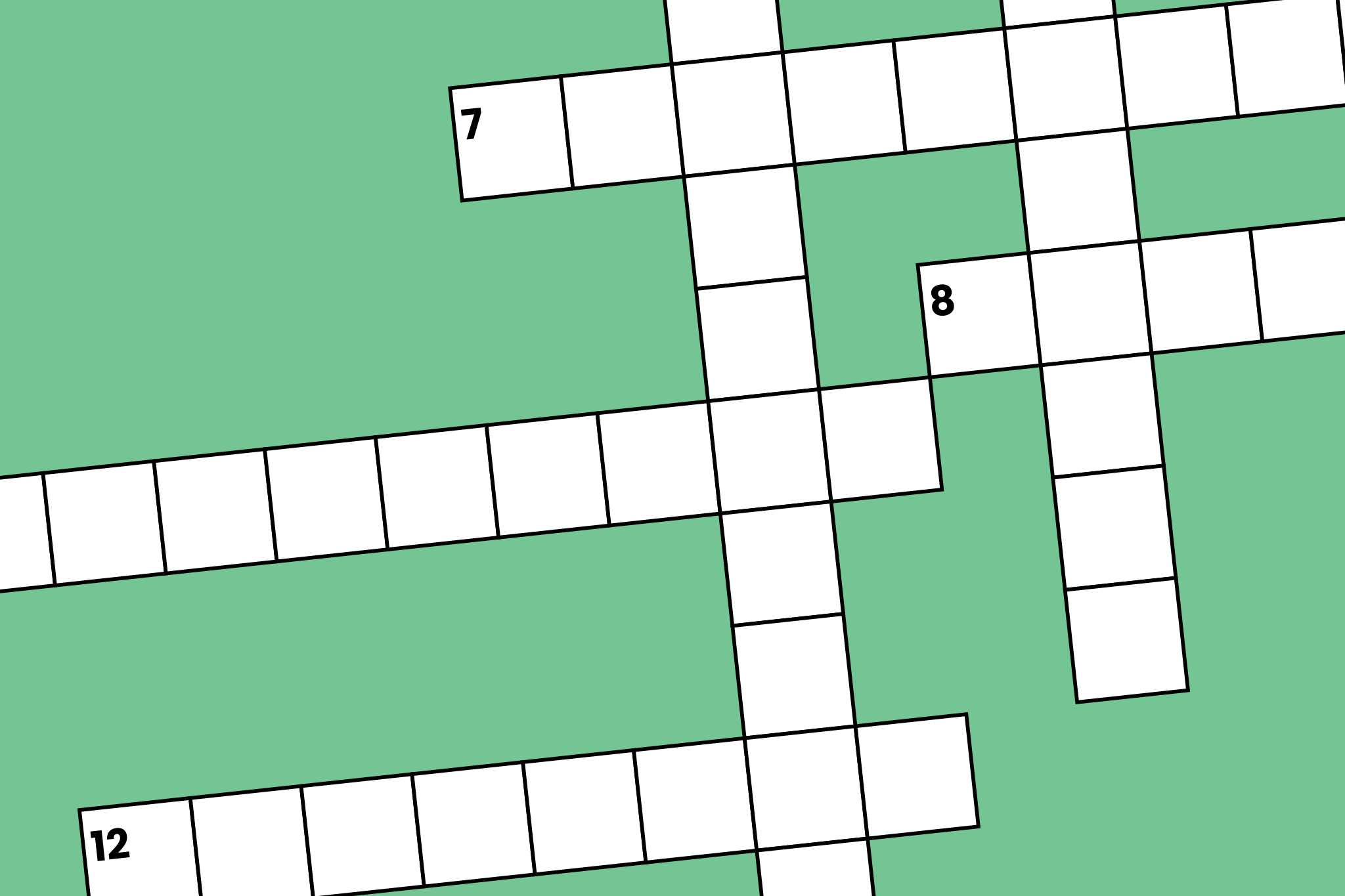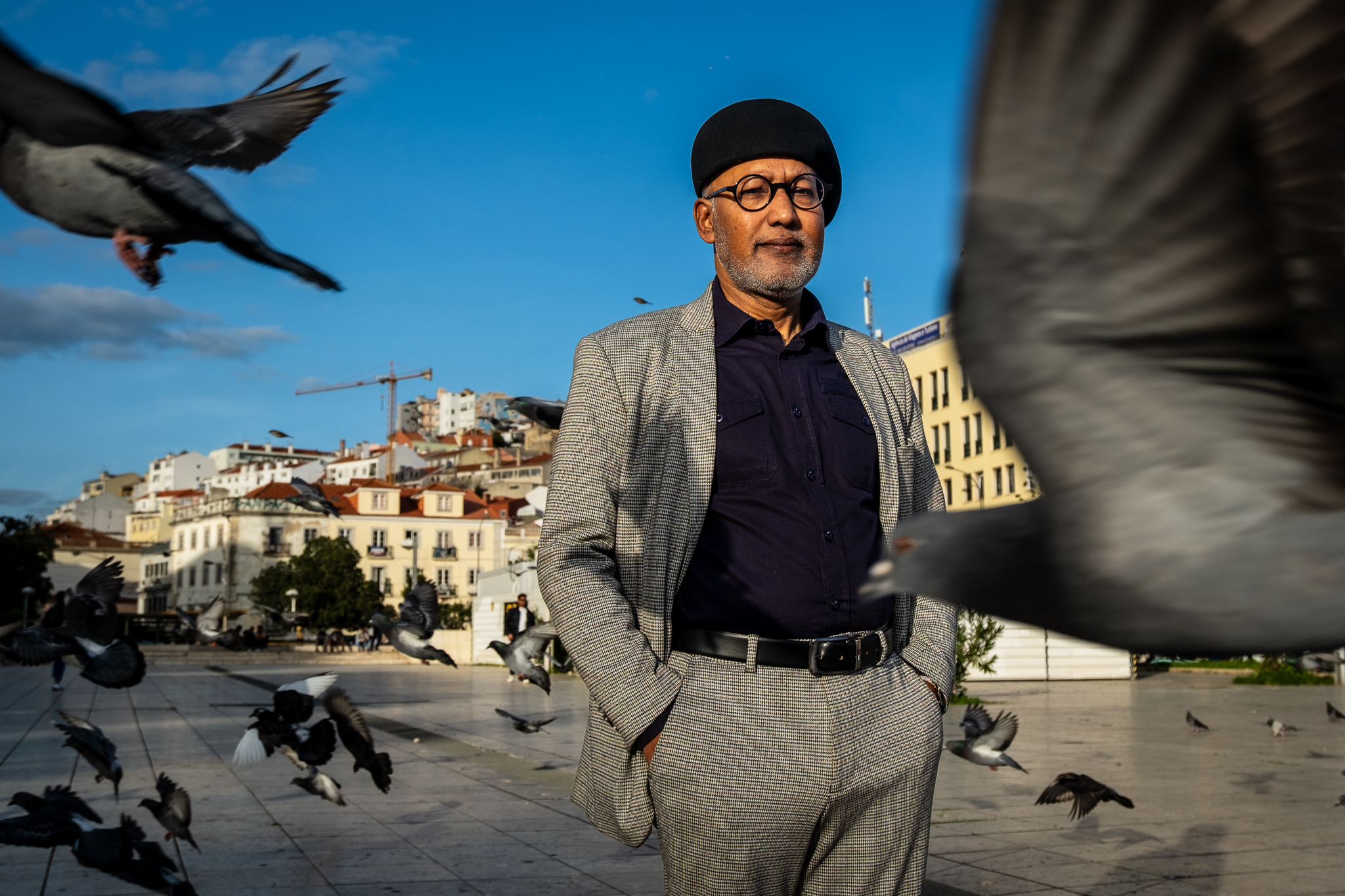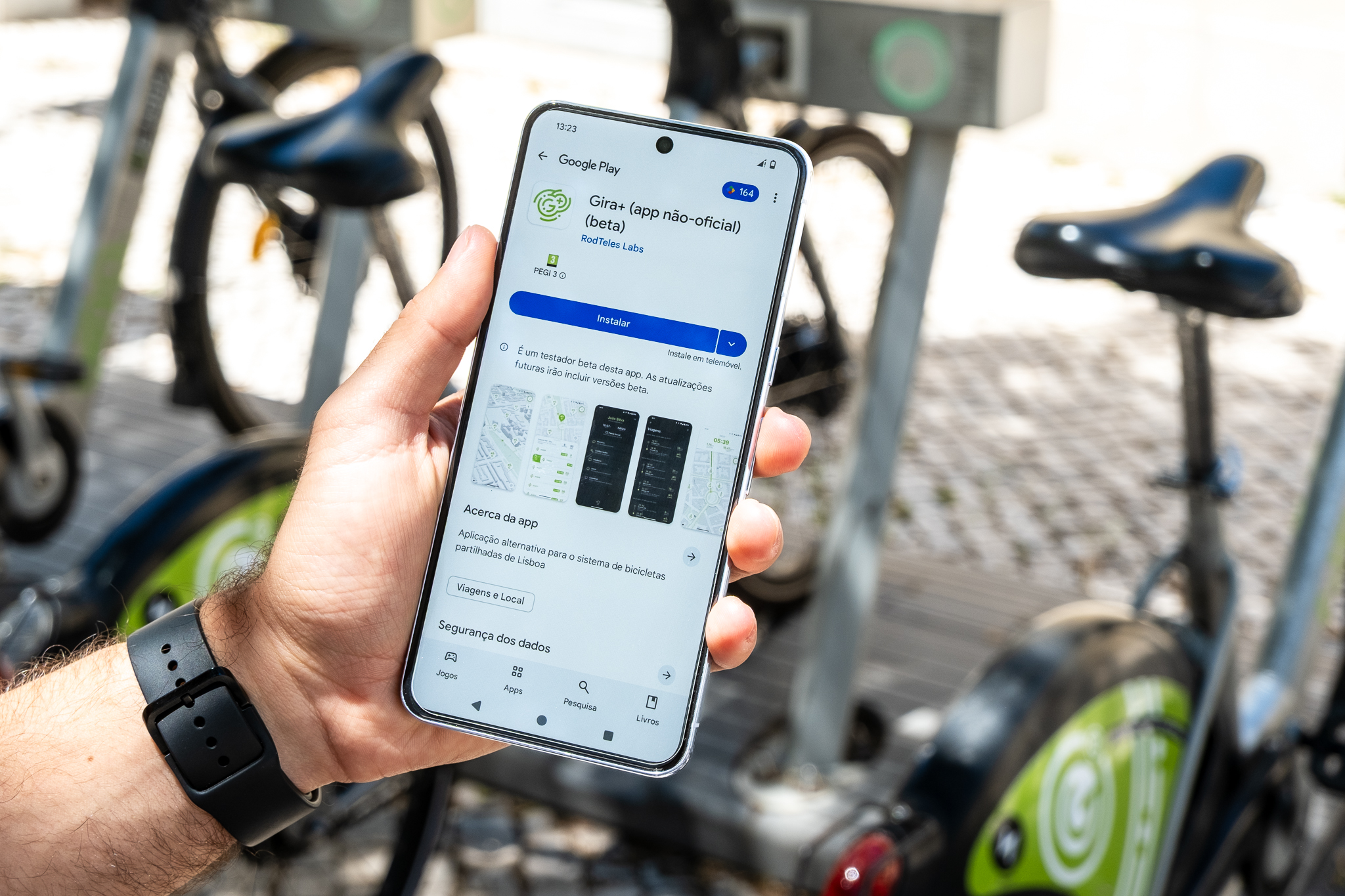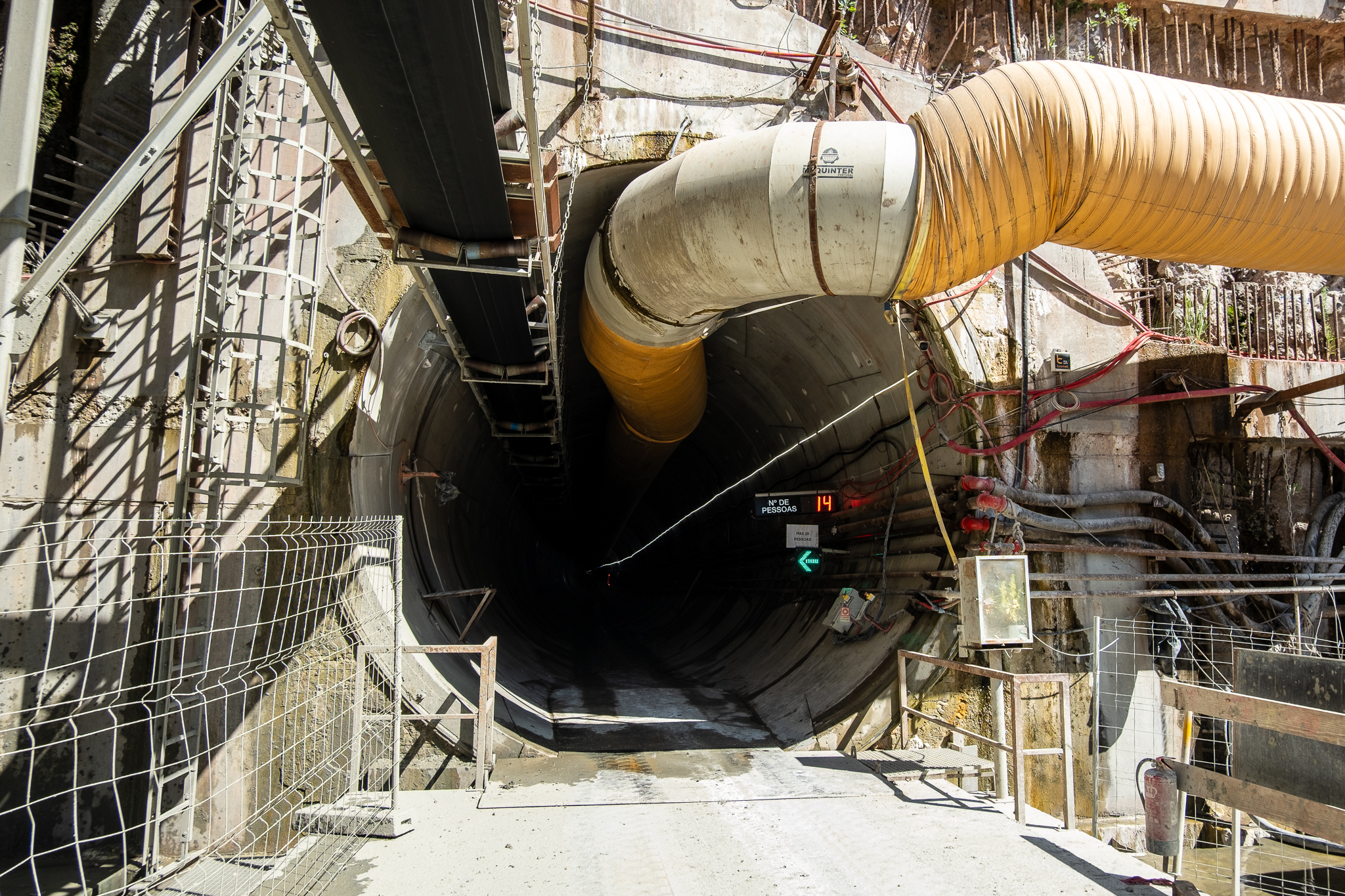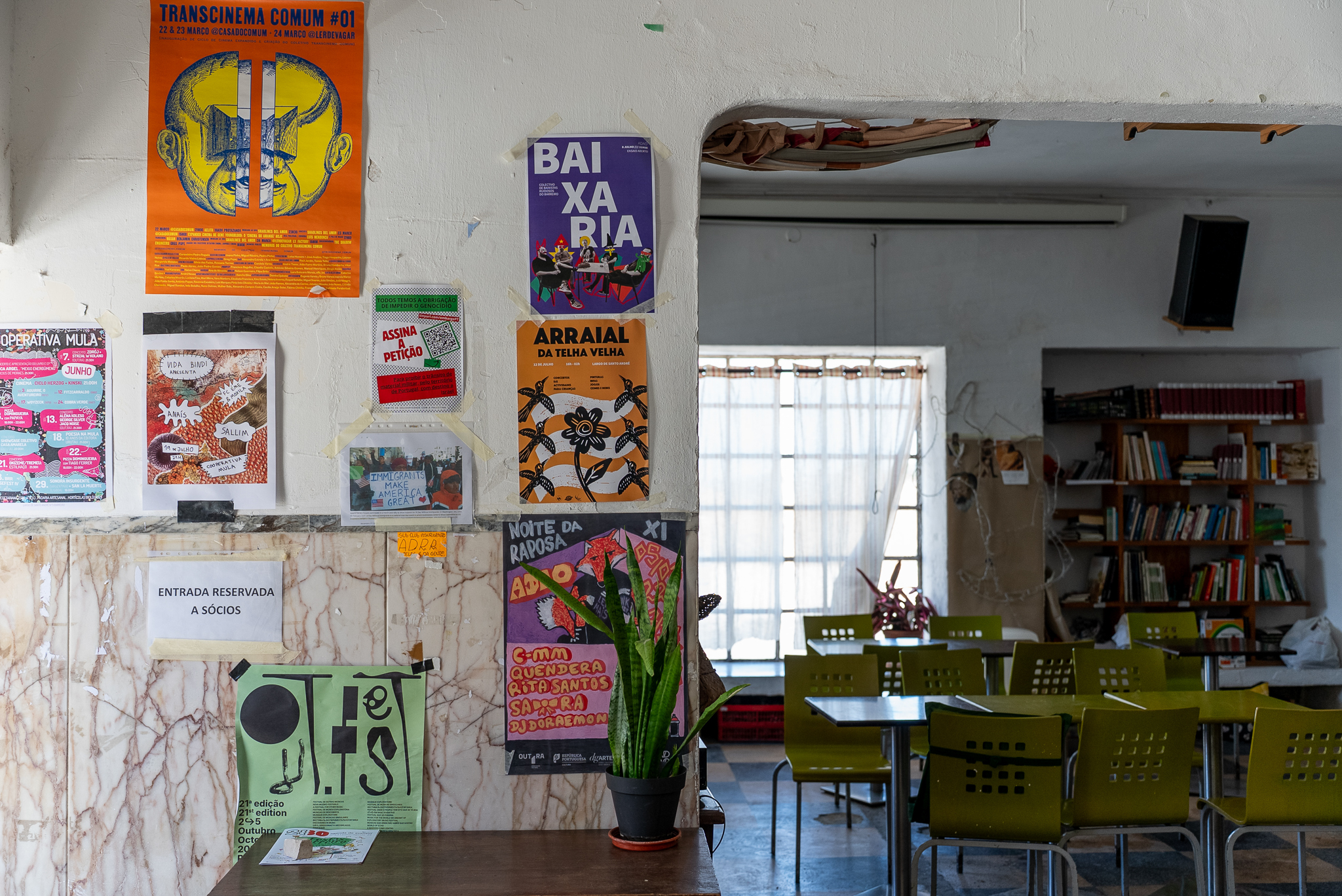It's a problem that no one seems to want to solve because everyone benefits from it, and which becomes more evident every time there are elections. We're talking about the large political propaganda posters that invade the public spaces of Lisbon and other Portuguese cities, perforating sidewalks and green spaces, and taking the beauty out of squares and...

It is a problem that no one seems to want to solve because everyone benefits from it, and it becomes more evident every time there are elections. We are talking about the large political propaganda posters that invade the public space of Lisbon (and other Portuguese cities), perforating sidewalks and green spaces, and taking away the beauty from squares and avenues in the noblest areas. In the capital there are always billboards of this kind at the Marquês de Pombal, at the Saldanha traffic circle and along the Avenida da República or at the Alameda Dom Afonso Henriques - whether or not they are going to the polls soon, but they intensify at election campaign time.

In 2019, El País wrote on these "political propagandist walls" of Lisbon and how "in the name of the revolution" if they spoil the "most beautiful squares" of the city, such as Marquês or Praça de Espanha. In an article signed by Javier Martín Del Barrio, then correspondent for the Spanish newspaper in the Portuguese capital, we read that "the first impression of the tourist in Lisbon will be that the city is in an election campaign" because there are always posters, "one party after another, with its suggestive messages of the most right person".
Year after year, election after election, the billboards Political propaganda giants are silently returning to the same places where others have been before, once again digging up sidewalks, once again damaging gardens, and once again "spoiling" the view. In other parts of the city, the messages are renewed on billboards that seem to be fixed and never leave the places where they were installed years ago. The large posters are normalized in Lisbon's urban landscape, in an unusual scenario at the European level, and they don't disappear even with the successive renovations of the public space that have been giving the city a more cosmopolitan look. The normalization is such that nobody questions it anymore - or does not want to question it -, and the silence of the media in relation to this issue is a constant. Exception made for the former newspaper O Corvo, which developed one article in 2013 e another one in 2019 - works that we are currently recovering.
What does the legislation say?
A 1988 law that regulates the "posting and inscription of advertising and propaganda messages" states that it is up to the municipalities to make available "public spaces and places" for the fixing of propaganda in each municipality. In the case of propaganda in the context of an election campaign, "the municipal councils must make available to the competing forces spaces specially destined for the display of their propaganda" e "must proceed to an equitable distribution of spaces throughout its territory so that, in each place intended for the display of political propaganda, each competing party or force has an available area of not less than 2 square meters". It also reads as follows: "No later than 30 days before the start of each election campaign, municipal councils must publish notices stating the places where political propaganda may be posted, which may not be less than one place per 5000 voters or per parish."

The law also establishes that the posted advertising messages cannot "cause obstruction of panoramic views or affect the aesthetics or ambience of places or landscape"neither "impair the beauty or setting of national monuments, buildings of public interest or others that may be classified by public authorities". The same legislation has a specific point about removable advertising, which states that "it is up to the municipal councils, after hearing the interested parties, to define the deadlines and conditions for the removal of the advertising media used".
The law dated 1988 has not been updated since then. In turn, the Public Space Manual of the city of Lisbona consultative document released in 2018, is silent on political communication, but on page 39 regarding billboards it states that "the installation of any type of support for advertising in public space must rigorously guarantee the safeguarding of the architectural and urbanistic values of the sitepreserving the visibility of the facades, as well as the functionality of the affected spaces, and their adequate urban and architectural integration".. On another page of the same manual, regarding road circulation, you can read that billboards should be avoided "in the crossing areas"as the Marquis of Pombal, because they are "urban elements" that are not "necessary for traffic regulation and management".

Both the national legislation and the city regulation appear clear regarding the places where political propaganda can and cannot be carried out. It would be up to the municipality to create these spaces and define their rules. However, an opinion issued in December 2016 by the National Elections Commission (CNE), cited by O Corvo, contains a different interpretation. The CNE understood, that year, that "the advertising spaces that the municipal councils must make available to the competing forces are additional means, not preventing the use of other forms and spaces that the political forces understand“ and that "the activity of propaganda is free, it can be developed at any time, not requiring prior communication, authorization or license by the administrative authorities". In other words, the CNE has made a reading of the legislation that reinforces the parties' freedom of expression.
For its part, the Lisbon City Council says it has no way of controlling the placement of political propaganda in public space, because, as a source from the municipality explained to the newspaper O Corvo in 2019, "according to the legislation in force, the placement of billboards with advertising messages in public space is exempt from municipal licensing"so "municipalities are unable to have a say on the landscape framing of advertising media or on their size". The exception that the Municipality of Lisbon refers to in its reply to 'O Corvo' is the one described in Municipal Advertising Regulationpublished in 1992 and amended three years later; in article 2, it reads: "The posting or inscription of propaganda messages, in particular those of a political nature, is excluded from the scope of this Regulation." The municipality will therefore not know how many propaganda billboards there are in the city, their numerical distribution by political force, and the main areas of concentration.
The Lisbon City Hall also referred to'O Corvo, at the same time, that "it is indisputable that the implantation of such large structures in these locations causes negative impacts, especially in terms of landscaping, in addition to damage to the city's sidewalk. This situation can only change if the law changes and this can only happen through parliament".. However, although the municipality does not have any propaganda displayed in prime locations, the parties that make up the current municipal government do. In Alameda, for example, a large poster of the coalition More Lisbonwhich brings together the PS, Livre and the civic associations Cidadãos Por Lisboa and Lisboa É Muita Gente, stands alongside two others of the same format, from the PSD and the Liberal Initiative, as Lisboa Para Pessoas had the opportunity to verify in mid July. Already at the Marquês de Pombal traffic circle, we were able to identify at least 10 billboardsincluding from the application New Times of Carlos Moedas, the PCP, the Bloco de Esquerda, Chega, and the Sindicato Nacional da Polícia - Medina's coalition did not appear here. On Avenida da República, Medina's face appears again next to Moedas' in the Campo Pequeno area, one of the most sought after places.

The poster pandemic
In summary, political propaganda in public space is regulated in Portugal, but there seems to be no will to comply with these guidelines or to interpret them in a consensual way. Thus, with the exception of the proximity of classified heritage, the parties have an open path to place propaganda wherever they wish and without being accountable to the municipality, the National Election Commission or any other entity. In the article published in 2019The Crow listened to the position of Margarida Cancela d'Abreu, landscape architect, at the time representing the Portuguese Landscape Architects Association (APAP); and José Manuel Parreirinho, the then president of the Order of Architects.
Margarida Cancela d'Abreu referred that this phenomenon of large billboards of advertising is worrying because of its size, and the size and density of the panels themselves. "What we see in Portuguese cities, and in Lisbon in particular, is an obstruction of views and an obvious visual pollution. These panels interfere with the enjoyment of the city, they are a competition to the existing panoramas"he criticized, mentioning that"outside, in the rest of Europe, this phenomenon does not occurThere are no billboards in cities of this size and density“. "There are places in the city where they shouldn't be"he considered, defending the realization of "set studies, identifying specific sites, in order to frame this in proper locations".
The landscape architect pointed the finger at the municipality, understanding it to be "misapplying the delegation of competencies in this area"he observed in the streets. José Manuel Parreirinho had a similar understanding. The then president of the Architects Association said that we should not look at this reality with resignation because "there are other ways to do this, without being aggressive" - All that is needed is the will of the municipalities and the use of some of the most elementary tools of urban planning. "There was a time, in the early years of Portuguese democracy, when posters on walls were a problem. But, fortunately, they stopped being a problem, the parties stopped doing it. Now, this issue of billboards prevails. It's a bit savage the way they are put up.he criticized, regretting the way this interferes with the reading of public space and the built environment, and also pointing out the fact that Portugal stands out in relation to the European reality in this aspect, because in the country the understanding prevails that the constitutional right to free expression over the public space planning.
The pandemic of large political propaganda posters will have started in 2001, when Pedro Santana Lopes, for the PSD, brought them into the city that elected him as Mayor. Until then, these types of panels were "seen as a peripheral thing, to put in vacant lots"as it is told by O Corvo in another article from 2013; and political campaigns in the city were done with small posters, stickers and flags. Santana put up the big billboards "in emblematic places of the capital and where, until then, no one had dared"As O Corvo reports: Marquês do Pombal, Terreiro do Paço, Largo Camões and Rossio. Nowadays, of these places, only the Marquês do Mar traffic circle still has this type of panels and it is impossible to imagine them in the Praça do Comércio or in the heart of the city.

Santana was heavily criticized in 2001 and Carmona Rodrigues, who replaced him during the six months in 2004 when Santana went into government, promised "wipe the face of the city" and reduce the use of large posters to the communication of big events such as the City Festivities. Santana, when he returned to the capital's City Hall, promised to continue Carmona's promise. But we already know where history has taken us. Years later, in 2007, José Sá Fernandes was running for the Bloco de Esquerda (BE) to the Lisbon City Council; he was in charge of Green Spaces, a portfolio he has held, throughout different mandates, until today. Placed in the Marquês de Pombal a outdoor where you could read, very big, "Zé is missed". In the eyes of the Sá Fernandes of April 2009, that poster was a mistake, and that month he tried unsuccessfully to prevent four parties - PSD, PCP, BE and Movimento Esperança Portugal (MEP) - from filling that part of the city with billboards.
Invoking the aesthetic preservation of the place, the councilman notified the political forces to remove the panels, but they refused to do so. Sá Fernandes also tried to obtain an opinion from the Institute for the Management of Architectural and Archaeological Heritage (IGESPAR), warning that the "heritage involvement" of Marquês and other areas. The PSD even filed a complaint with the National Elections Commission (CNE). The arm-wrestling came to nothing, as we can see today in Lisbon. To'O Corvo, in 2013, Sá Fernandes said that they had to "to have new rules, obviously, because there are many situations where advertising spoils the view, being placed in areas that everyone considers beautiful"and that he hoped it would stay the same "the consensus not to put billboards on the Marquês de Pombal". We know that it was not maintained. In 2019, in the same above-mentioned response from Lisbon City Hall to O Corvo's request for clarification, the municipality regretted that the large posters had reappeared "after, a few years ago, an agreement in principle was reached among several political forces not to place billboards in high capacity spaces and streets, and where the visual impact was great".
But the Lisbon municipality will also have little desire to change the current paradigm and the parties that support it align themselves to the same communication strategy as their opposition neighbors. In fact, it could be complicated not to do so, as they could run the risk of having less visibility with the public, which would not be desirable in an electoral battle. Thus, we live in an unpleasant situation for the city, which will be recognized by many but nobody seems to want to take a brave step to solve. The solution to this pandemic will have to be fixed. But will the parties - at the municipal level or in the Assembly of the Republic - at some point come together to agree on this problem and embrace other alternatives for political propaganda on the street?



